The rise in hygiene practices has led to an increased use of wet wipes, often mistaken as mere “wet tissues.” Contrary to popular belief, these wipes aren’t made of simple tissue paper, which disintegrates when wet. Wet wipes, in reality, are environmental threats, comparable to plastics in their longevity and impact. The synthetic materials in these wipes prevent them from breaking down easily. Many users remain unaware that most wet wipes are partly made of polyester or polypropylene fibers. These fibers, sometimes combined with organic materials like cotton, resist decomposition.
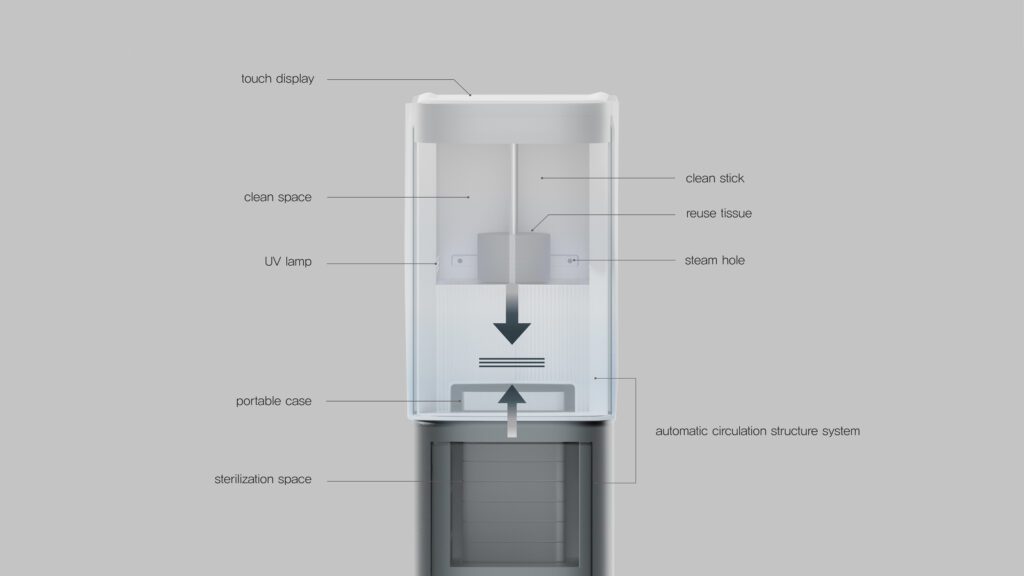
Flushing wet wipes down toilets can lead to significant environmental issues, as they don’t degrade in sewers. The decomposition of these wipes can take centuries, creating long-term environmental challenges. Wet wipes’ convenience, akin to a blend of tissue paper and cloth, has contributed to their widespread use. The challenge lies in balancing convenience with environmental responsibility.
Re:clean, designed by Yeounju Lee, offers a solution by transforming single-use wet wipes into reusable tissues. This innovative concept aims to reduce waste and promote sustainability. The Re:clean appliance cleans, disinfects, and dispenses reusable wet tissues. These tissues, intriguingly shaped like CDs, are designed for easy storage and use. Users can customize the water content in the tissues and the number dispensed per box. The design encourages the reuse of materials, addressing the pollution issue head-on. Skeptics might question the repeated use of such materials, but the process mirrors washing rags or towels. Automation and regulation are at the heart of the Re:clean concept, ensuring hygiene and convenience.
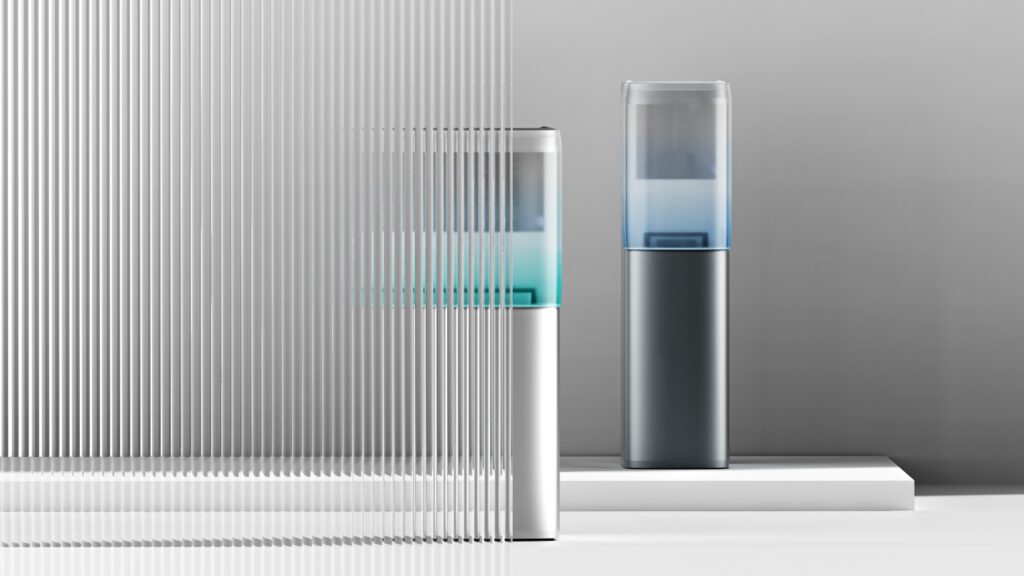
Ideally, these reusable tissues would be made of sustainable materials, further reducing environmental impact. Even if made of the same materials as traditional wet wipes, their reuse can delay their contribution to landfills. The growing concerns over single-use products have spurred designers to think outside the box. Re:clean stands as a testament to innovative solutions that prioritize both hygiene and the environment. The appliance offers a dedicated cleaning compartment, ensuring the wipes are sanitized between uses. Yeounju Lee’s design uses sanitizer to eliminate germs, keeping the wipes fresh and ready for use.
Similar posts
The trend leans towards creating sustainable alternatives to single-use products. Appliances that can sanitize reusable items efficiently are gaining traction. Addressing carbon footprint reduction is paramount, with products like Re:clean leading the charge. The household appliance industry can benefit from introducing more sustainable and innovative products. Cleaning product manufacturers have an opportunity to shift towards reusable items. The focus is on eliminating single-use products from production lines, promoting sustainability. Sanitization technology offers avenues for innovation, extending beyond just personal hygiene.
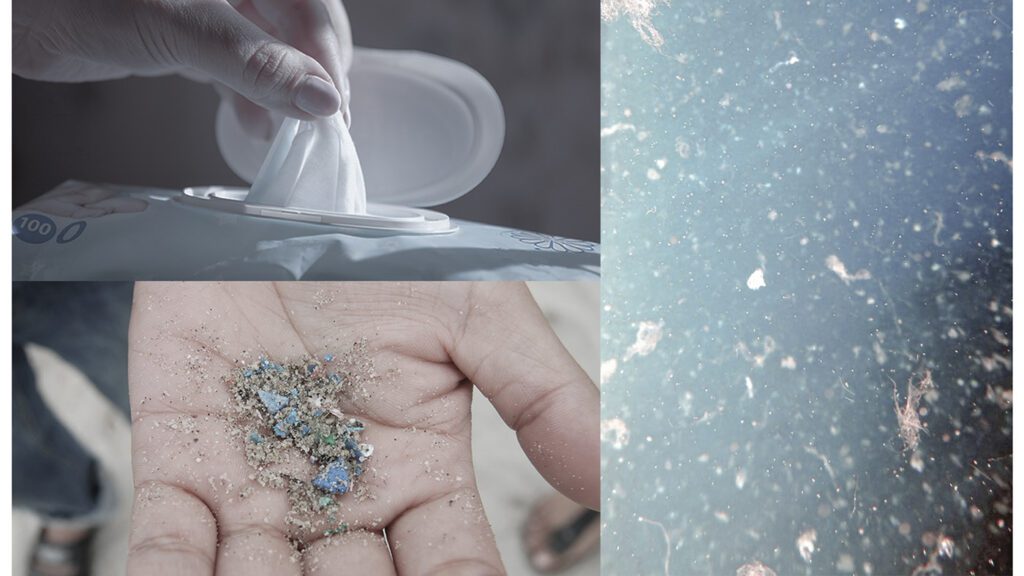
The marine microplastic problem, exacerbated by wet wipes, is becoming increasingly severe. Many users are unaware that wet wipes are essentially plastic, leading to improper disposal. Unrecycled wipes can take up to 500 years to decompose in oceans, turning into microplastics. This environmental challenge is akin to dumping waste directly into the sea. The urgency for an alternative solution has never been higher. The Re:clean project is a beacon of hope, offering a reusable tissue cleaner to combat this issue. The ocean’s health is at stake, with disposable products like wet wipes contributing to its degradation.
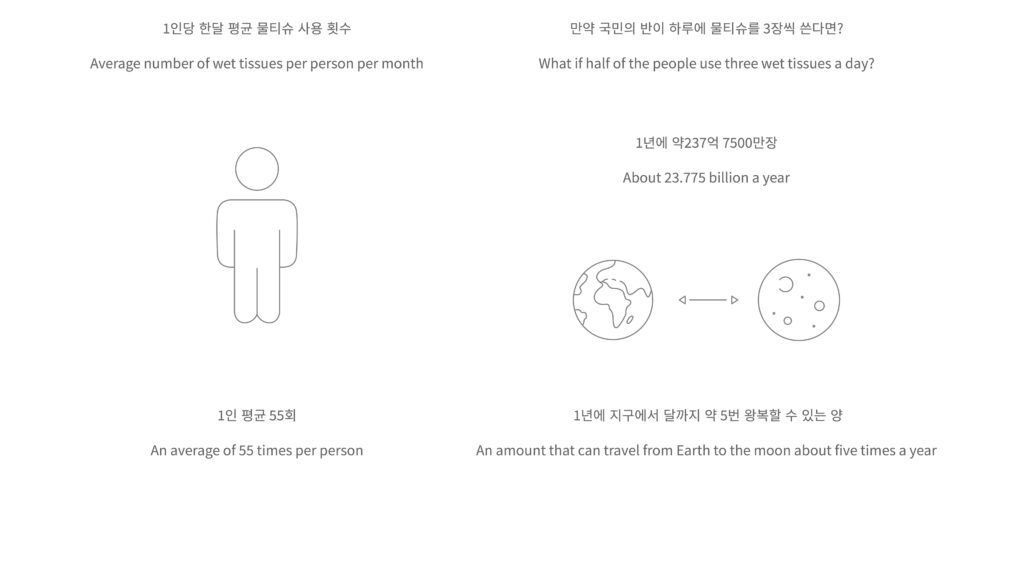
The Re:clean initiative aims to “clean the ocean again,” addressing the marine microplastic crisis. The project underscores the need for awareness, as many use wet wipes without recognizing their plastic nature. The ripple effect of such products on marine ecosystems is profound and long-lasting. Innovative solutions like Re:clean are not just trends but necessities in today’s world. The balance between convenience and responsibility is achievable, as demonstrated by Yeounju Lee’s design. The future of hygiene products lies in sustainability, reusability, and environmental consciousness. As the world grapples with environmental challenges, concepts like Re:clean pave the way for a greener tomorrow.



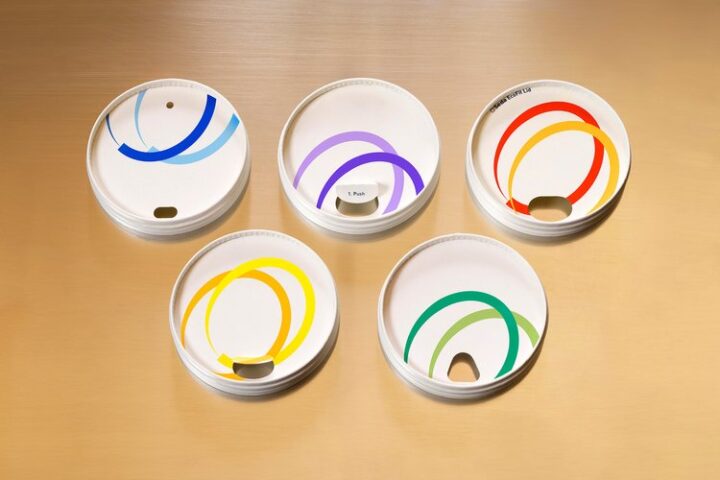
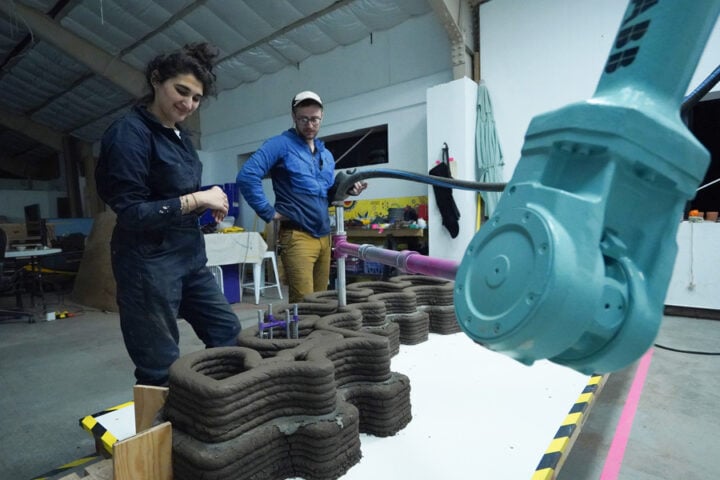
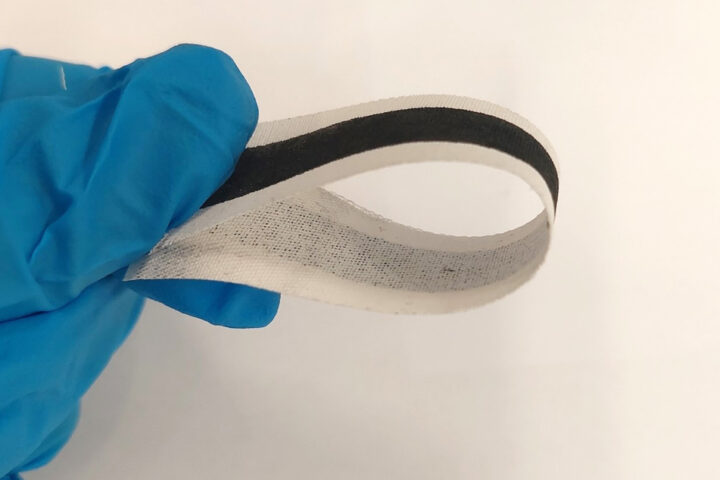
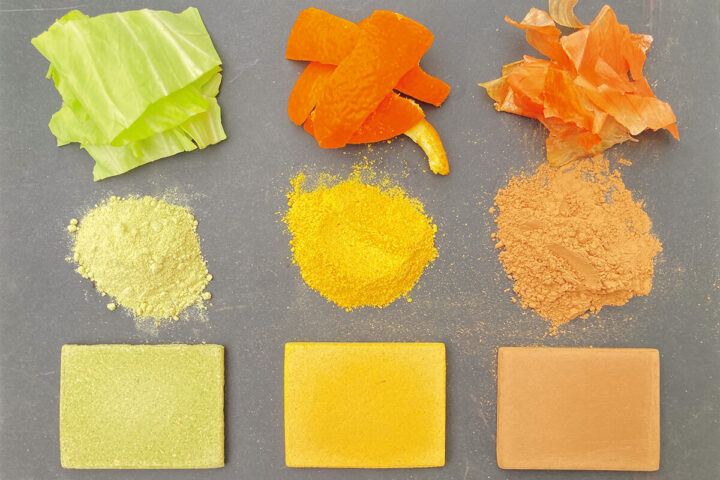
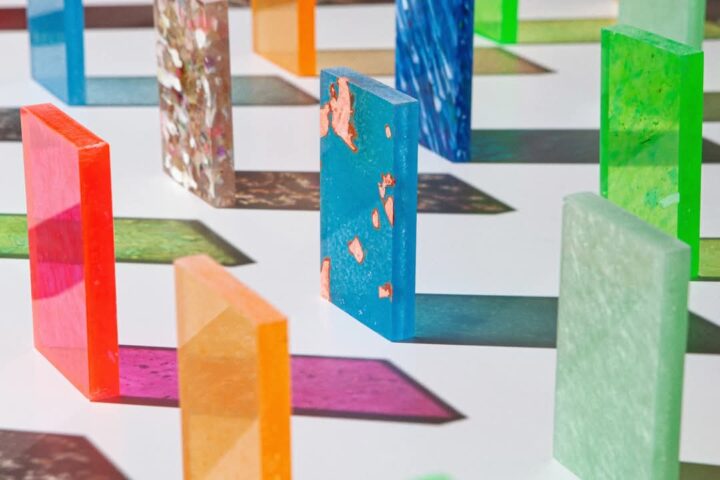


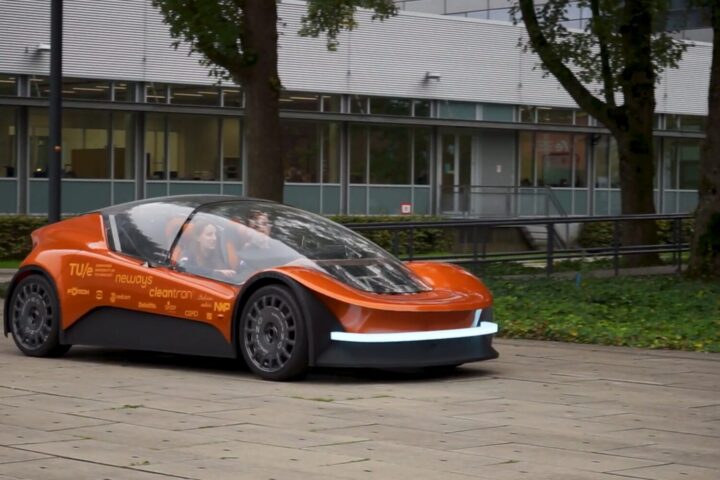

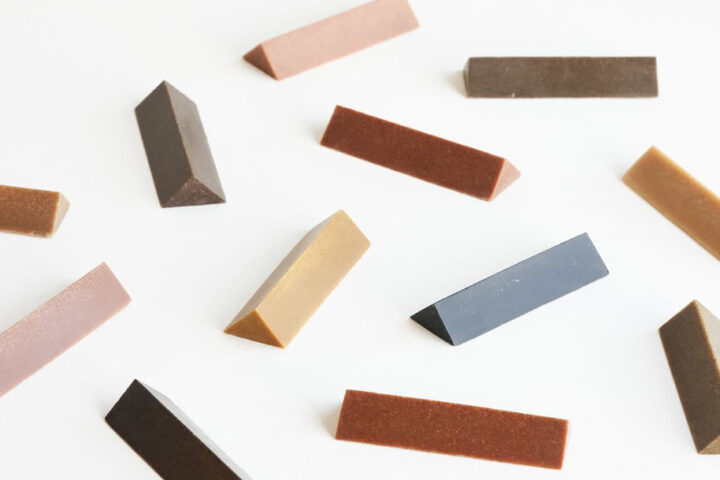
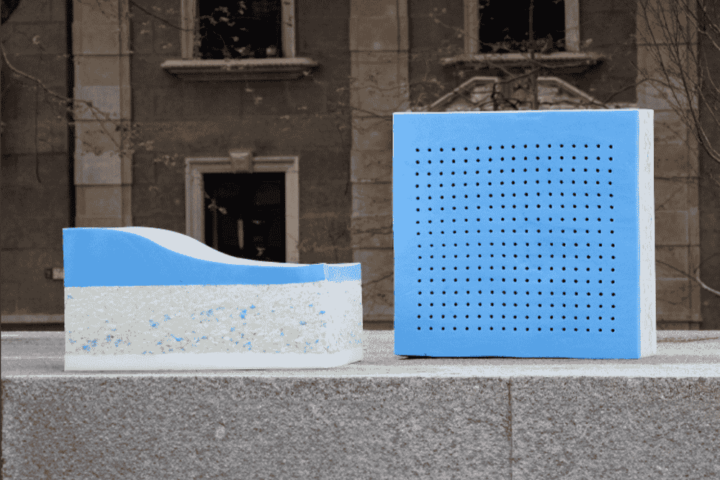
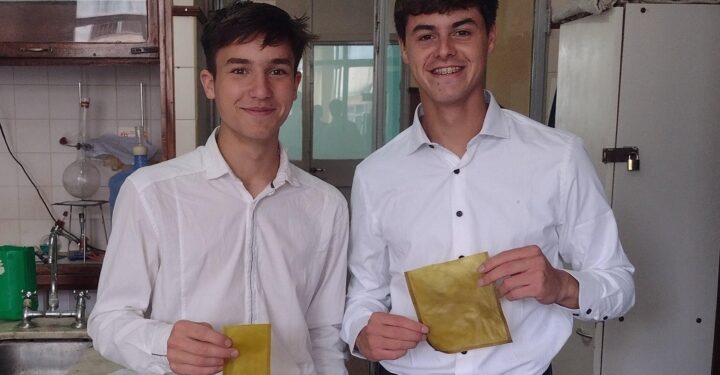


![Big city Los Angeles smog building [photo source: pixabay] [PDM 1.0]](https://www.karmactive.com/wp-content/uploads/2025/04/46-of-Americans—156-M—Now-Breathe-Hazardous-Smog-and-Soot-State-of-the-Air-Report-Exposes-Decade-High-Pollution-1-150x150.jpg)